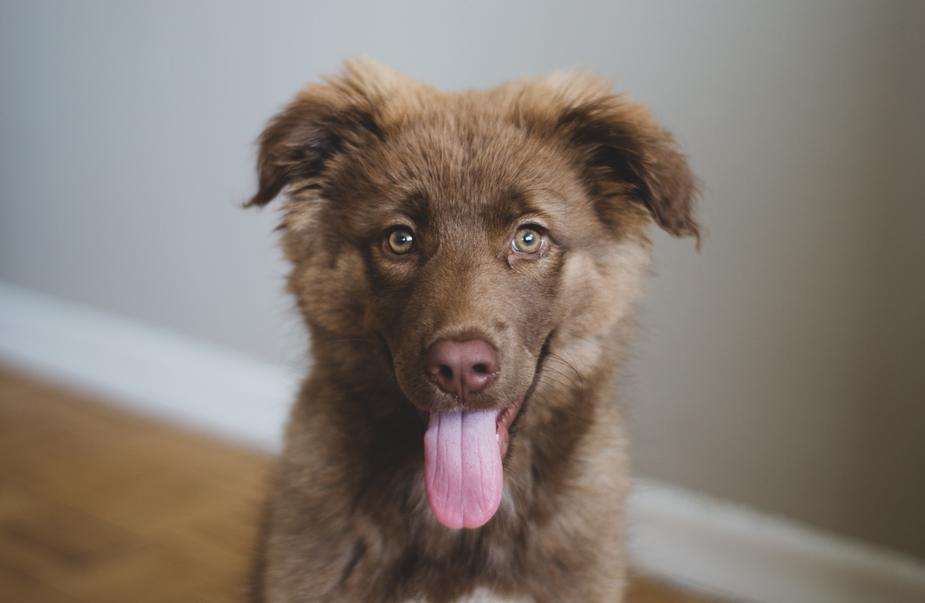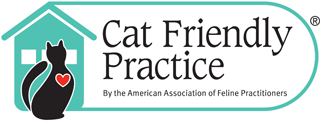Did you know that a third of our dogs and a quarter of our cats and rabbits are thought to be overweight? Are we ‘killing our pets with kindness’? Admittedly, there are many factors that can cause our furry friends to pile on the pounds, such as their amount of exercise, breed and whether they have had the ‘snip’. However, giving treats, excess food and tasty human tidbits from our plates, is a big part of the weight battle.
Interestingly, when we see pets that are underweight we instantly (and quite rightly) feel concern for that pet’s health, welfare and wellbeing. However, the same reaction does not occur when we see overweight pets, even though this is also a health, welfare and wellbeing concern!
With so many of our pets tipping the scales, seeing a cat, dog or rabbit that is at a ‘healthy weight’ has become the exception not the rule! This is causing our perception of what a ‘healthy body weight’ actually looks like to become skewed. Our overweight furry friends are slowly becoming the new ‘normal’, which is a problem. This is not helped by the fact that we often trivialise pets that are overweight by describing them as ‘cute’ or ‘cuddly’!
So, it’s time for us to take some action and help our pets to get back to being a healthy weight and staying there, by feeding them the right food and in the right amounts!
What are the health risks for obese pets?
More than just affecting their wellbeing, being overweight or obese can make our furry friends more vulnerable to developing serious and in some cases, life-threatening, health problems, including:
 Joint problems
Joint problems- Breathing difficulties
- Skin problems
- Heart problems
- Diabetes mellitus
- Increased risk of developing tumours
Recent research in dogs has revealed that it can even shorten their lifespan. Did you know obese cats are 3x more likely to be affected by diabetes than a cat at a healthy weight?
How do I know if my pet is overweight or obese?
The best way to figure this out is to pop your furry friend down to see us for a quick weigh-in and check-up (covid allowing). From this we will be able to tell you what your pet’s ideal weight should be.
What’s it like being an overweight pet?
From your pet’s perspective, lugging all that extra weight around can make them feel lethargic, reluctant to run around, less enthusiastic to play and ready for another snooze.
Being overweight is no fun for your furry friend and it can impact on their enjoyment of life and wellbeing.
How can I help my pet to lose weight?
Here are some top-tips to help your furry friend shed the pounds:
Type of food
Feeding your cat or dog a food that has been specially formulated to help weight loss is a great idea. These foods are carefully balanced and are fewer calories dense. This means that you can feed your pet on a similar amount to before, which will help satisfy your pet and keep any hunger pangs at bay.
For Rabbits, avoid feeding ‘muesli’, as this has been linked to obesity in rabbits, as has feeding too much pelleted food. A healthy diet should contain:
- 80% grass or hay (a mound of hay at least as big as your rabbit is perfect)
- 15% leafy greens (an adult handful of leafy greens or veg in the morning and evening)
- Only 5% should be pelleted food (never muesli) (1-2 tablespoons)
Do make sure any changes to the diet are made slowly to give your pet’s tummy time to adjust to their new diet.
Measuring your food accurately
Avoid using cups, as these invite human error and research has revealed that you can end up feeding as much 80% over what you intend. So, grab a reliable set of digital scales and carefully weigh out each meal.
Treats
We understand that giving your pet treats is an important part of bonding with your pet, but they must be given in moderation. A general rule of thumb for cats and dogs is that treats should account for less than 10% of their daily calorie intake. If you are using treats for training, then take a little bit of food out of their meal to take this into consideration.
For rabbits, use their pelleted food as a treat; just make sure it is no more than 1-2 tablespoons per day!
Give them plenty of exercise
 Introduce exercise gradually to your pet’s routine if they are not used to it and make sure older pets come to us for a health check first. You can devise fun and active games in the home for cats to get them more active. Dogs are naturally active animals so exercise alone will not cause weight loss but it certainly helps keep them healthy and happy.
Introduce exercise gradually to your pet’s routine if they are not used to it and make sure older pets come to us for a health check first. You can devise fun and active games in the home for cats to get them more active. Dogs are naturally active animals so exercise alone will not cause weight loss but it certainly helps keep them healthy and happy.
For bunnies, make sure that they have permanent access to a large run every day, and grass. Tunnels, shelves and digging trays can also be great fun for your rabbits and will encourage them to exercise.
Weigh your pet regularly
Just like us, our pet’s weight can creep up so slowly that we may not even notice. After all, it’s not like our pets wear jeans and will suddenly complain that they can’t do them up! It’s up to us to spot it. So, feel free to join our free weight clinic or pop down to the clinic to weigh your pet.
Article courtesy of MSD Animal Health.


 Joint problems
Joint problems


